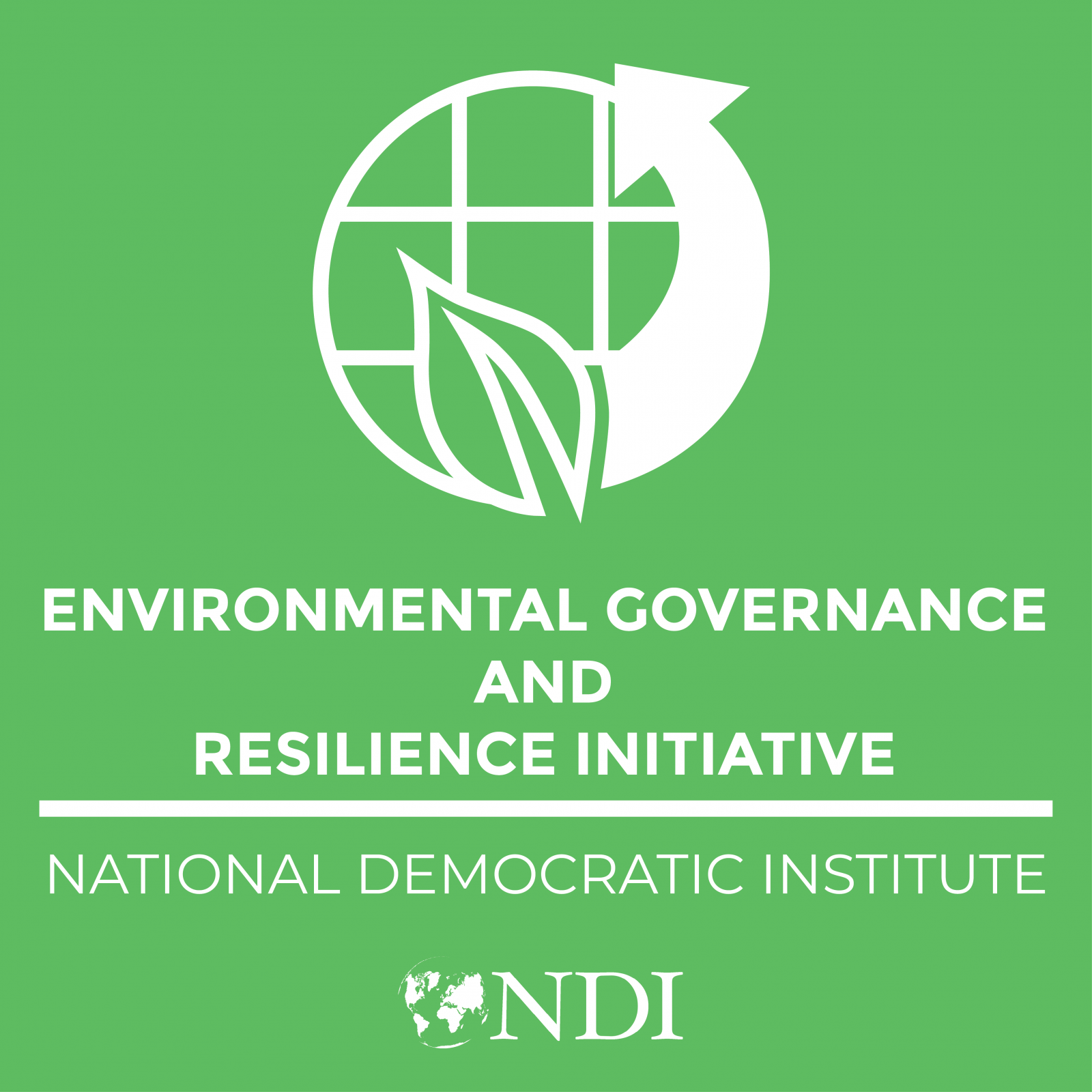
SHARE
In May of 2001, NDI proposed a new idea: support our long term partner, South Africa’s Ministry of Environment, to help local and provincial governments understand climate change; expand civil society and local communities participation across the country on these issues; and increase overall public awareness and understanding about South Africa’s environmental fragility as a result of climate change.
At the time, climate change decisions were managed by heads of state and guided by the national commitments they made about carbon emissions and credit swaps. NDI early on recognized the disconnect between international capitals around the world engaging in big stakes climate decisions, and the role of local politicians, citizens and legislators, who could sustain climate action when national governments changed.
Today, international agreements such as the United Nations Framework Convention on Climate Change (UNFCCC) have increasingly expanded their reach beyond national governments and expert committees and now see value talking directly to citizens. The UN adopted the Action for Climate Empowerment (ACE) to capture the requirements under Article 12 of the Paris Agreement -- to empower civil society, especially youth, to engage in the transition to a low-emission, climate-resilient world.
Over these last 20 years, NDI has successfully applied its approach to environmental governance with proven results. In Nepal, in 2015, NDI worked with local communities to strengthen their involvement in disaster responses to annual floods. After facilitating dialogues between environmental experts and community leaders, deforestation was identified as the underlying cause of flooding. Supporting a local advocacy effort to pass national forestry protection legislation, NDI then trained civil society to monitor and oversee implementation by the executive branch.
The result was powerful. Nepal had a new law to protect forests and prevent floods. And citizens stood ready to serve as the guarantors of this solution. NDI’s approach strengthened democratic and environmental governance simultaneously -- and helped foster a sustainable solution to prevent future natural disasters.
From our work in 2018-2020 in Burkina Faso to foster community engagement with the mining industry, to recent programs in Georgia to regulate lead exposure, and in Mali, to manage waste and establish an environmental office within local government, NDI’s virtuous cycle of democracy -- recommendations generated through citizen engagement, incorporated into government policies and overseen by civil society -- works.
But civil society cannot achieve results alone. As climate shocks increase in number and the scale and pace of environmental degradation accelerates, political parties and their elected leaders in parliament need to build long-term political consensus on climate issues across the political divide. As they face growing demand from voters who bear the most immediate impacts through loss of land, floods, reduced water availability, and other natural disasters, it’s imperative that politicians understand the stakes and effective environmental policy responses.
In 2007, NDI carried out a nine-country study in Africa, to see how elected politicians were faring in overseeing extractive industries and the impact both on the economy and on the environment. The study found that legislative bodies were largely outmaneuvered by other parts of government. Not only was the extractive sector secretive and controlled largely by a few people who sat in the executive branch, but lawmakers often lacked basic tools and understanding of the industry and the issues.
In 2012, NDI worked with ruling and opposition parties in Niger’s parliament to take on the economic and environmental issues in the mining sector. Introducing the political rivals to industry experts from Ghana, sharing reform lessons from neighboring Chad, and supporting members to travel throughout the country meeting local authorities, governors, mayors, traditional and religious leaders, and civil society groups -- resulted in a process and legislation that was informed, inclusive and grounded in the real perspectives of citizens.
Effective and sustainable environmental governance policies that address climate change, requires a “whole of society” strategy, not one track approaches that are vulnerable to special interest push back or to changes in political office. The role of civil society, political parties, and legislatures is essential. Strengthening democratic practices and environmental governance simultaneously is possible.
Authors: Shari Bryan is NDI's Vice President and Lauren Van Metre is a Senior Advisor for Peace, Security and Democratic Resilience
NDI is a non-profit, non-partisan, non-governmental organization that works in partnership around the world to strengthen and safeguard democratic institutions, processes, norms and values to secure a better quality of life for all. NDI envisions a world where democracy and freedom prevail, with dignity for all.



